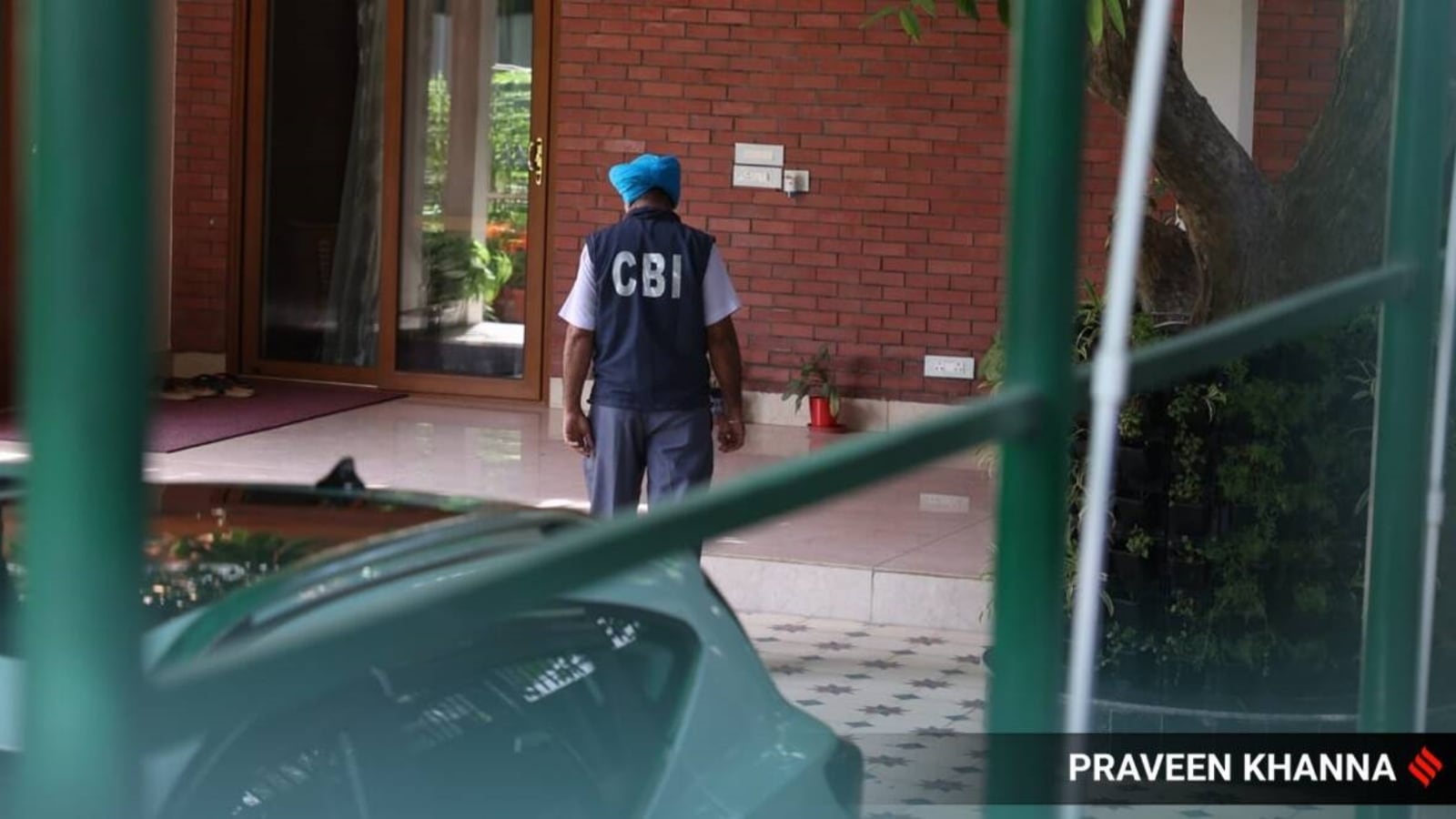Arguing with your partner? Done the right way it can be a skill for couples, say therapists

Why can’t the dirty plates go straight into the dishwasher? Whose turn is it to pick up the kids? And why do you insist on doing that thing you do when you know how much it annoys me? No honestly, don’t worry, I’m fine. Perhaps – if you are part of a long-term couple – that kind of conversation sounds familiar. Or perhaps you are George and Amal Clooney and you never, ever argue. That, at least, was the actor’s boast this week to a US morning show: in almost 12 years of marriage, he said, he and his lawyer wife have never had a single argument. “We’re trying to find something to argue about,” he joked. Can it really be possible to commit to someone long enough for the pheromones to wear off and not, every now and then, have a row about money, parenting or who was supposed to sort the car tax? And even if it is possible – is it healthy? The Clooneys’ blissful marriage may be one thing, but for the rest of us, say experts, arguing need not be such a bad thing – so long as we’re doing it right. “People are drawn into thinking that lots of conflict is a sign that there’s something wrong with a relationship, and an absence of conflict means there isn’t something wrong,” says the couples therapist Joanna Harrison, whose book on the subject is titled Five Arguments All Couples (Need to) Have and Why the Washing-up Matters. “But often when conflict is avoided, those feelings are building up and creating resentments or finding outlets elsewhere, and that can be problematic.” Obviously, not every domestic dispute is a positive one. “Arguments that leave people feeling unsafe or put people at risk, or that are hostile, frequent or unresolved, particularly if there are children – these are not healthy arguments,” she says. But when it comes to the everyday conflicts and annoyances of a long-term relationship, thrashing out the issues that wind you up about each other is often not just normal, but necessary. “Actually, arguing is a great skill for couples,” agrees Stefan Walters of the psychotherapy service Harley Therapy. Research has shown that over many years, “couples who do argue actually end up staying together much more than couples who don’t”, he says. View image in fullscreen George Clooney said recently that he and his wife, Amal, have not had an argument in almost 12 years of marriage. Photograph: Luca Carlino/NurPhoto/Rex/Shutterstock The good news is we can get better at it, says Walters. “It’s a skill that we need to practise and learn. For many of us, unfortunately, it wasn’t modelled for us very effectively in our childhood. We may have seen parents who were either avoidant with each other or who just shouted at each other. But we can practise and we develop tools that help make that better.” But how? The most important thing – though by no means the most easy – is to stop trying to win, says the clinical psychologist and agony aunt Linda Blair. “This is not a contest. This is [about] how to understand each other better. When we get emotional, we think in black and white: we win or we lose, we’re right or wrong. You need to find the compromise.” A few practical things can make the process easier, she says. Blair often suggests warring couples have their heated debate somewhere public. “Go for dinner, for example, because you’re less likely to start shouting. When we stay calmer, we’re able to see the grey between the blacks and the whites,” she says. Another tip is to go for a walk or talk side by side, so you’re not making eye contact – “that, in all mammals, is taken as a threat” – and try to approach things when you are both calm, says Blair. “All those things will, without your trying, [help you] come up with a solution which is not perfect for either of you, but the closest you can get.” Ultimately, having a good blowout can be a way of building up trust in each other, says Harrison. She advises viewing a row as “an opportunity to learn something about what your partner cares about”. That will include making a bit of effort to repair things once everyone has calmed down. “After the dust has settled a bit, perhaps you can go back in and be curious. What was that really about? Try to be a bit of a detective about it. ‘I’m struggling to understand what it was about leaving my shoes there that made you so upset with me. Was it just about the shoes?’” How to argue Do Choose your moment. “Timing is everything when you want to talk about a difficult topic,” says Harrison. Instead of blurting out a grievance when everyone is busy, she says, “have a conversation about having a conversation. Is there a time that we could talk about this issue?” Be curious. “Be sure you are asking questions, you’re not trying to dominate,” says Blair. Take responsibility. “Don’t say, ‘you make me angry’,” says Blair. “Say, ‘I feel angry when you …’” Take a step back if things are becoming too heated. “If things feel like they are really escalating, that’s a sign to pause the conversation that is no longer a conversation,” says Harrison. Agree to come back to it later when everyone has cooled down. Don’t

















